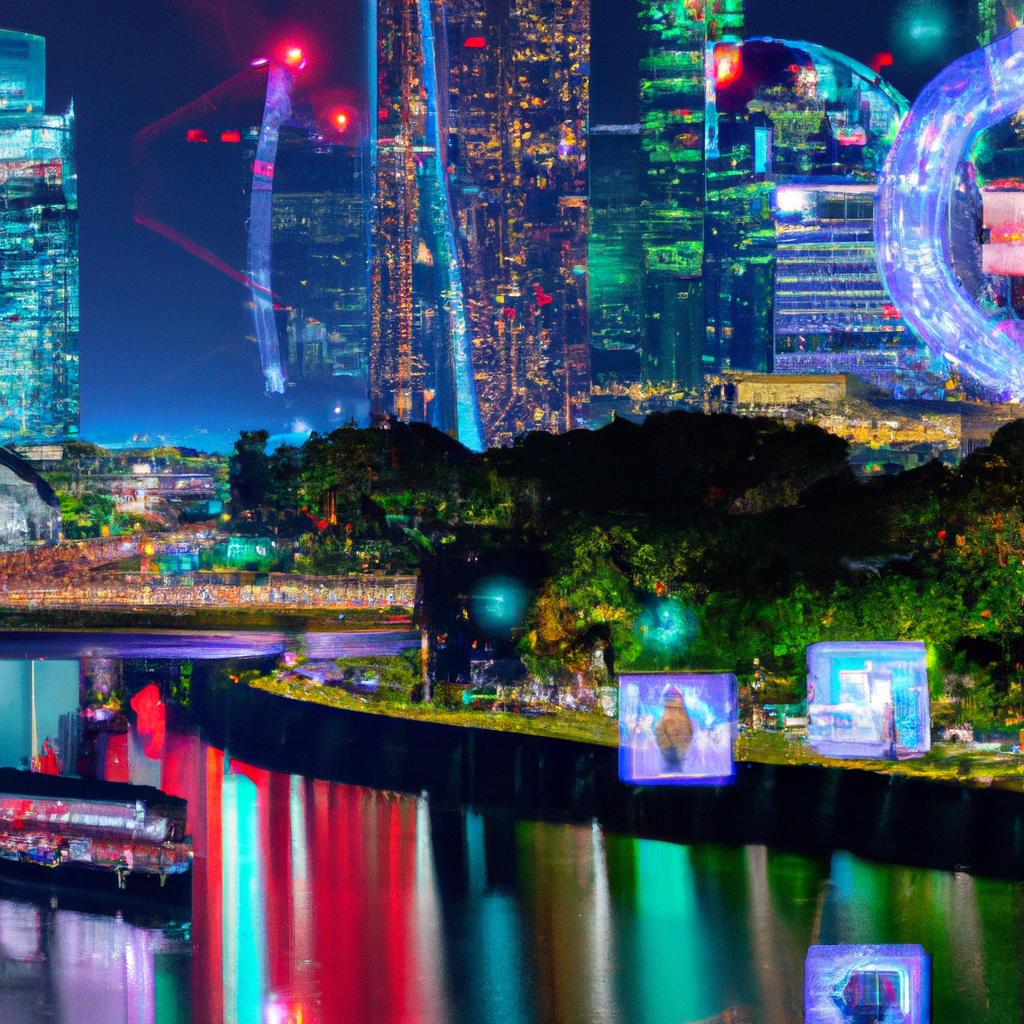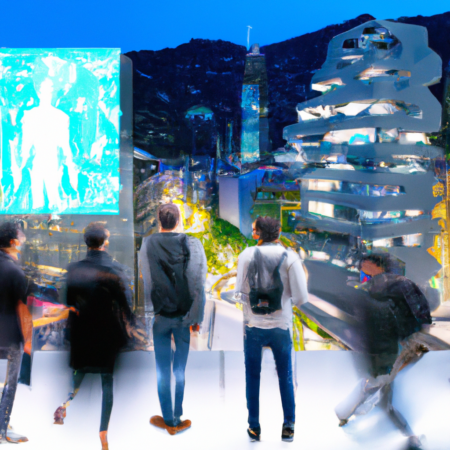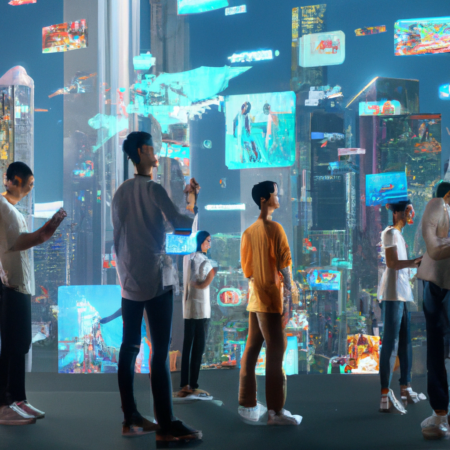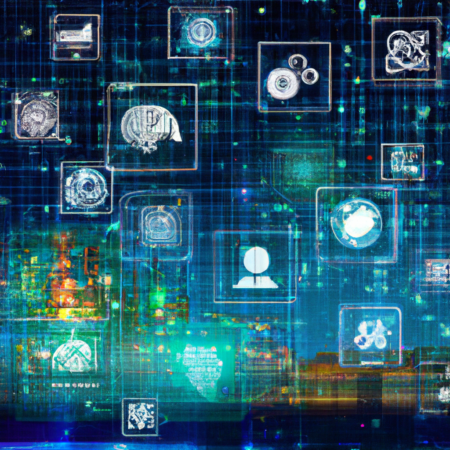Navigating the Future: The Vital Role of AI Ethics in 2025
As we step further into 2025, the integration of artificial intelligence (AI) into daily life and industry has surpassed all previous boundaries. With this rapid expansion comes a critical need for robust ethical frameworks to ensure AI technologies are used responsibly and for the benefit of society as a whole.
This article delves into the essential aspects of AI ethics and regulation as they stand in 2025, exploring the latest developments, challenges, and solutions that are shaping the field.
Understanding AI Ethics
AI ethics involves the principles that guide the development and use of artificial intelligence technologies in a way that respects human rights and values. It encompasses issues like fairness, accountability, transparency, and privacy.
In 2025, as AI systems become more complex, the ethical implications become more intricate. Ensuring that AI systems do not perpetuate biases or make unaccountable decisions is paramount.
Regulatory Frameworks in 2025
Governments worldwide have responded to these challenges by implementing more comprehensive regulatory frameworks. These regulations are designed to ensure that AI technologies are deployed in a way that is safe, transparent, and fair.
The European Union’s AI Act, for example, has set a global benchmark for AI regulation, focusing on high-risk applications and enforcing strict compliance from AI developers and users.
Case Studies and Real-World Applications
One notable case study in 2025 is the use of AI in healthcare diagnostics. The technology has shown phenomenal potential in accurately diagnosing diseases at early stages. However, it also raised ethical questions about patient data privacy and the reliability of AI-driven decisions.
Similarly, AI in autonomous vehicles continues to be a hot topic. The technology promises to reduce accidents and improve traffic efficiency, but it also poses ethical dilemmas regarding decision-making in critical situations.
Looking Ahead
The future of AI ethics and regulation will likely involve continuous adaptation. As AI technologies evolve, so too must our ethical frameworks and regulatory policies. Collaboration among governments, tech companies, and civil societies will be crucial in shaping a future where AI serves humanity positively and ethically.
The journey is complex, but the goal is clear: to harness the power of AI while safeguarding human dignity and rights.






